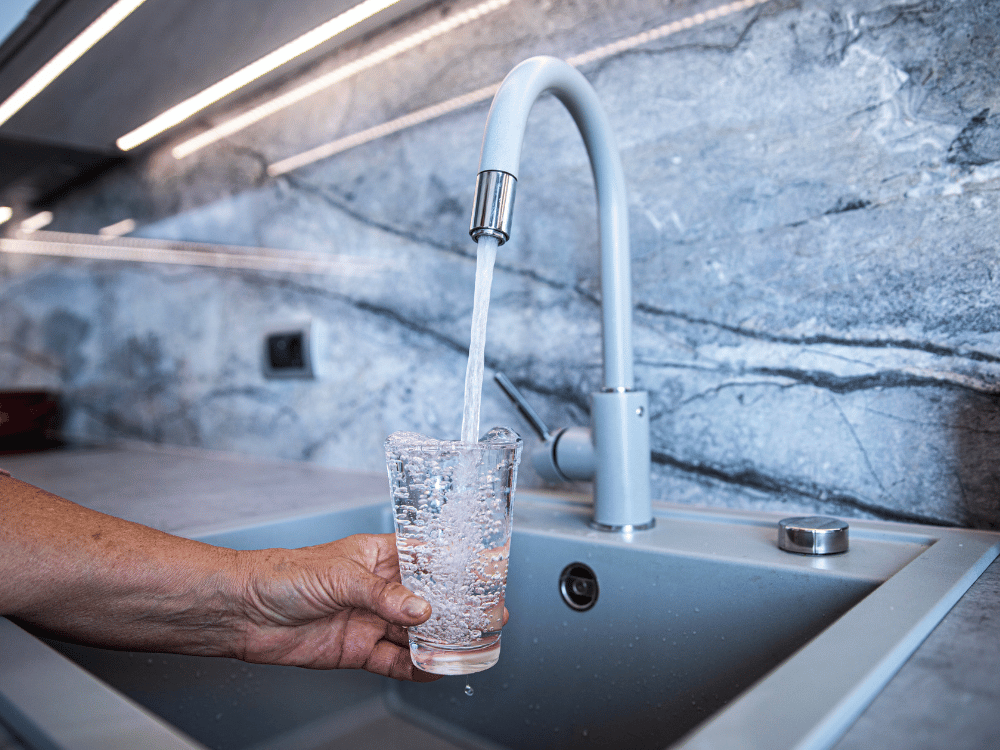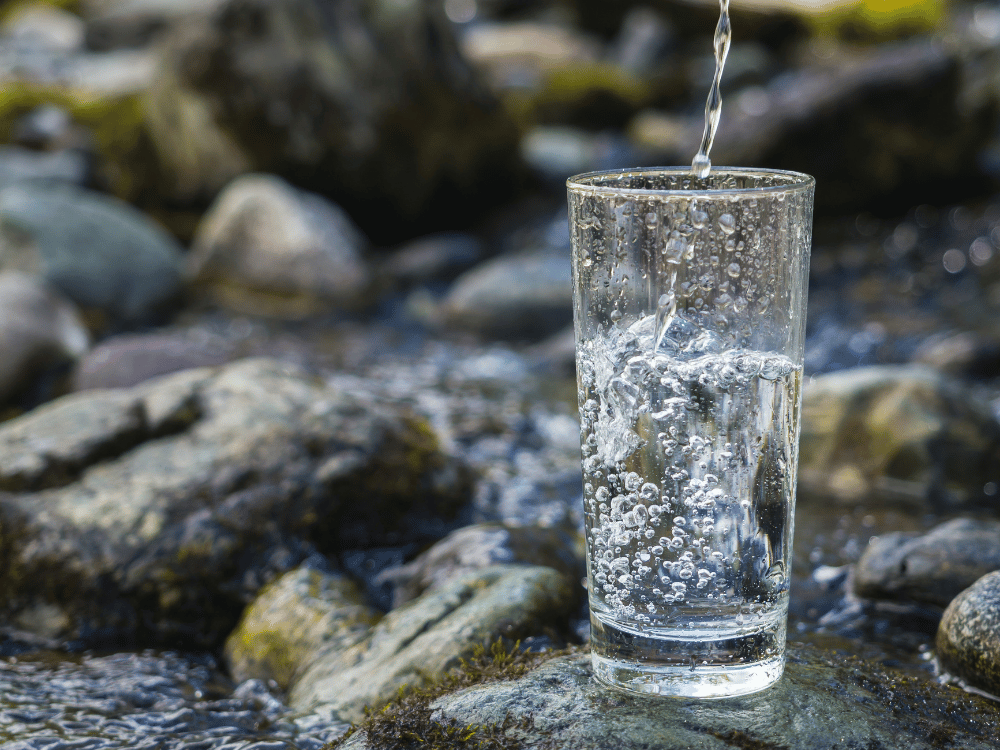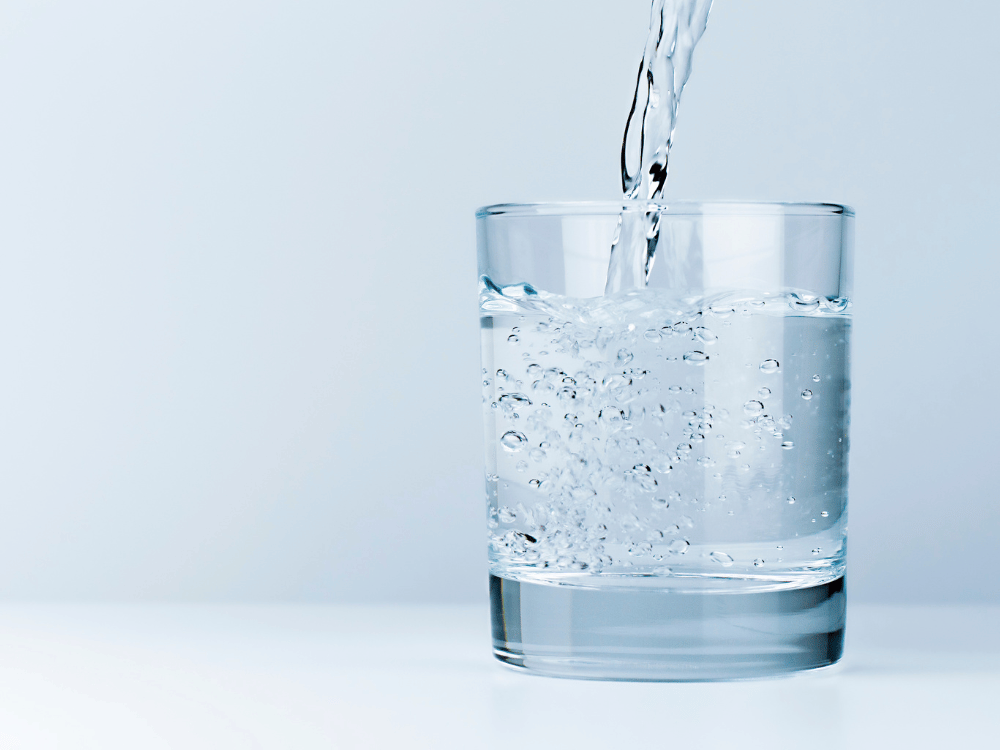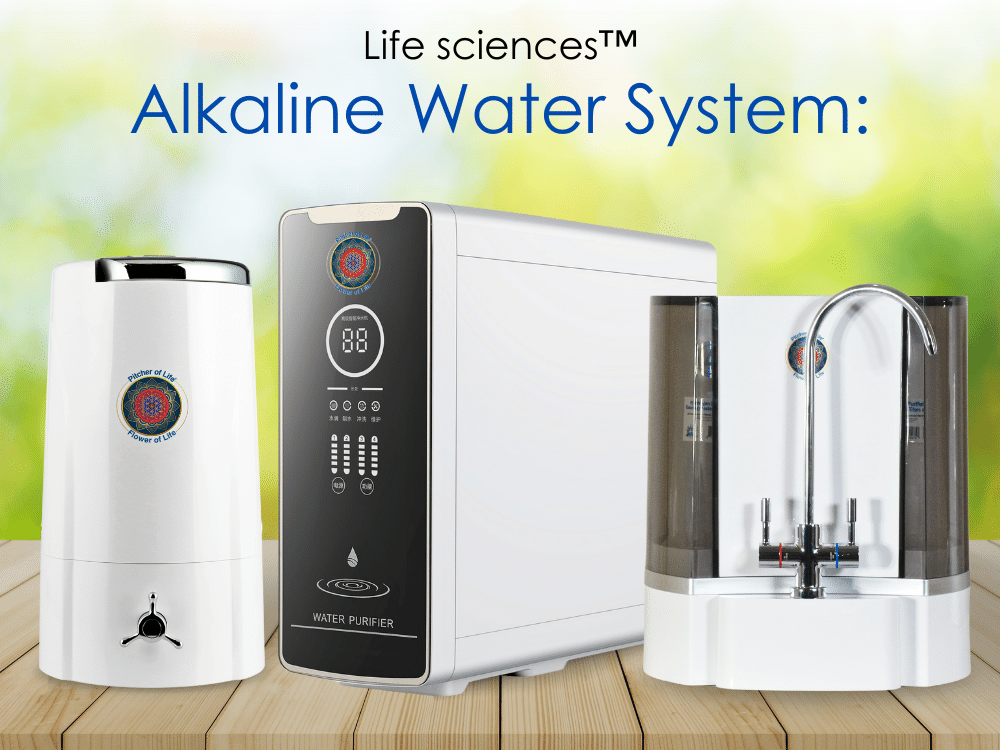A human body, composed of approximately 60% water, relies heavily on consistent hydration for optimal functioning of all cells, tissues, muscles, and systems. Ensuring adequate hydration is essential for overall health and well-being.
Understanding Hydration Requirements
While the general recommendation is to drink about eight glasses of water per day, individual hydration needs can vary based on lifestyle and physical activity levels. According to the National Academies of Sciences, Engineering, and Medicine, men should aim for 3.7 liters (125 ounces) of water daily, while women should target 2.7 liters (91 ounces), including water from beverages and foods.
Types of Water and Their Health Benefits
When it comes to choosing the right hydration type, several factors should be considered, including taste, mineral content, cost, and convenience of access. Let's explore different types of water and their respective benefits:

Tap Water: Accessible but Contaminated
Tap water, treated with purifying agents like chlorine and ozone, is widely available and cost-effective. However, it may contain contaminants, including microplastics and chlorine, which can affect taste and potentially harm health.
Advantages:
- Readily available and affordable.
- Contains dissolved minerals or electrolytes.
- Environmentally friendly as it reduces plastic bottle usage.
Drawbacks:
- May have a distinct taste or odor.
- Potential presence of harmful compounds like microplastics and chlorine.
Mineral water, sourced from underground mineral springs, is packed with essential minerals like calcium, magnesium, and sulfur. It offers benefits for blood pressure, muscle growth, and bone density.
Advantages:
- Rich mineral content supports various bodily functions.
- Refreshing taste.
- Some brands may contain high sodium levels.
- Generally more expensive than other water types.

Spring or glacier water, directly sourced from natural springs or glaciers, is typically organic, toxin-free, and rich in minerals.
Advantages:
- Free from contaminants.
- High in essential minerals.
- May still contain undesired elements like metals and nitrates.
- Higher cost and need for consistent purchase.

Distilled water undergoes a purification process to remove contaminants, resulting in highly purified water. However, it lacks essential minerals, which could potentially impact health negatively.
Advantages:
Free of contaminants.
Drawbacks:
Lacks essential minerals, which may lead to mineral leaching from the body.
Purified Water: Safe and Filtered
Purified water undergoes filtration processes to remove harmful substances and impurities, improving taste and safety. However, it may lack essential minerals and electrolytes.
Advantages:
- Suitable for consumption when primary water sources are contaminated.
- Enhanced taste and safety.
- Devoid of essential minerals and electrolytes
- Reverse Osmosis Filter: Advanced Filtration Technology
Advantages:
- Removes a wide range of contaminants.
- Can generate mineral-rich alkaline water with antioxidant benefits.
Drawbacks:
Requires initial investment in filtration system.

Why Alkaline Water?
Alkaline water, with a higher pH than regular tap water, offers several health benefits, including antioxidant properties and improved oxygen distribution in the body. Nobel Prize-winning research has shown that alkaline water enhances hydration due to the presence of minuscule passageways called aquaporins within our cells' walls.
With advancements in water ionization technology, alkaline water ionizers like those offered by Life Ionizers provide superior filtration, antioxidant benefits, and customizable pH levels.
Conclusion
In conclusion, the healthiest water to drink depends on personal preferences, taste, and mineral content. However, considering the 40+ scientifically proven health benefits of alkaline water, it stands out as a superior choice for hydration and overall well-being. Whether it's from natural sources like springs or glaciers or generated through advanced filtration systems, staying hydrated with safe and uncontaminated water is essential for maintaining a healthy body and mind. Visit Pitcher of Life

